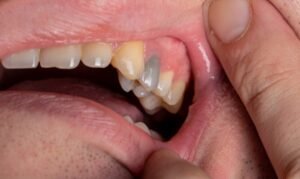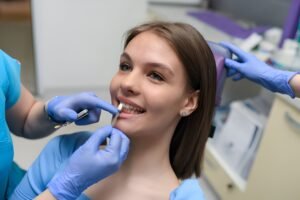Wisdom teeth removal is a common dental procedure, and proper post-operative care, including your diet, is crucial for a smooth recovery. Knowing what to eat and what to avoid can help reduce the risk of complications and promote faster healing. In this comprehensive guide, we will provide you with a detailed plan for what to eat after wisdom teeth removal, addressing the gaps found in existing articles, while maintaining a clear and informative tone.
Immediate Post-Surgery Diet
- The Importance of the First 24 Hours: Understand why your diet matters immediately after the procedure.
- Liquid Diet: Emphasize the significance of starting with a liquid diet for the first 24 hours, including options like bouillon, broth, smoothies, and more.
- Avoid Suction: Highlight the importance of avoiding straws and any activities that create suction to protect the forming blood clot.
- Oral Hygiene: Mention the limited oral hygiene routine during this period.
Transitioning to a Soft Food Diet
- Days 2 and 3: Describe the gradual shift from liquid to soft foods, including steamed vegetables, applesauce, bananas, and yogurt.
- Pain Management: Explain how pain management techniques and prescribed medications play a role in your diet.
- Oral Health Maintenance: Highlight the importance of maintaining oral hygiene while avoiding direct contact with extraction sites.
Reintroducing Normal Foods
- Day 4 and 5: Discuss the gradual introduction of normal foods, ensuring they are not too hard or crunchy to prevent incision damage.
- Nutritional Needs: Emphasize the importance of meeting nutritional requirements during the recovery process.
- Swelling Reduction: Mention the reduction in swelling and sensitivity by day 6.
Foods to Avoid
- Crucial Dietary Restrictions: Explain why certain foods and beverages, such as popcorn, acidic foods, and alcohol, should be avoided.
- Tobacco and Nicotine: Discuss the negative impact of tobacco and nicotine on the healing process and suggest alternatives for nicotine cessation.
Common Complications and How to Deal with Them
- Dry Socket: Describe the condition, its symptoms, and how it is treated.
- Oral Infection: Highlight the risk of infection and the importance of maintaining good oral hygiene.
- Nerve Damage: Explain the rare possibility of nerve damage and its symptoms.
- Allergic Reactions: Mention the potential allergic reactions to medications and what to do in such cases.
Conclusion
Recovery from wisdom teeth removal can be smoother with the right diet and care. By following the guidelines outlined in this comprehensive guide, you can reduce the risk of complications and promote a faster and more comfortable healing process. Remember, always consult with your oral surgeon or dentist for personalized advice on your post-operative diet.
For more information…….
